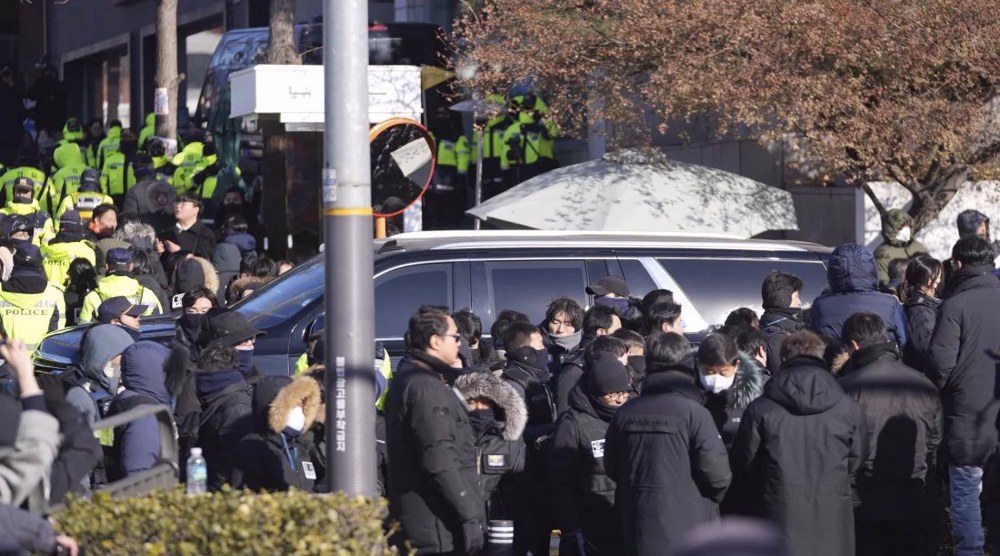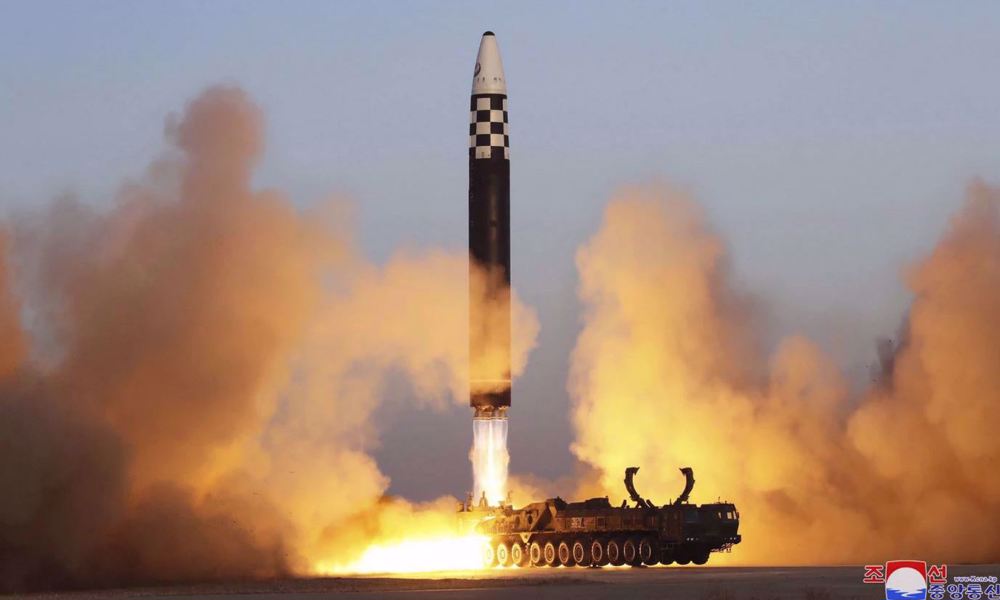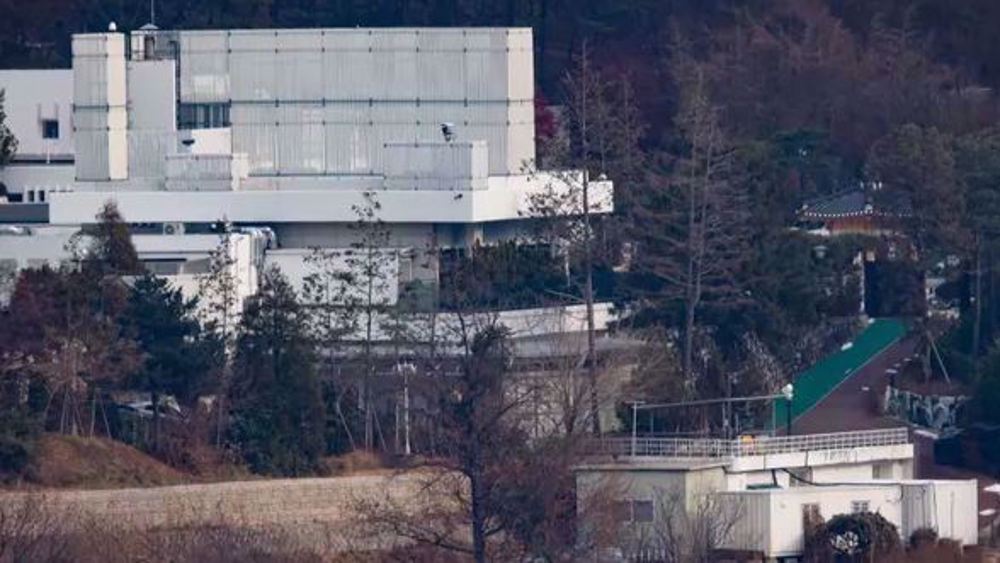Fresh anti-THAAD protest held in South Korea
Hundreds of South Koreans have protested against the planned deployment of an advanced US missile system which has become a lightning rod for new tensions in the region.
On Monday, angry residents in the rural town of Seongju rallied to denounce the choice of their county for the deployment of the so-called Terminal High Altitude Area Defense (THAAD) system.
Nearly 1,000 protesters also shaved their heads in public to show their outrage against the planned deployment.
"This is the most powerful way of displaying protest," Reuters quoted protest leader Kim An-soo as saying. "We cannot protest any bigger," he added.
Many of the protesters, melon farmers from Seongju region, voiced concern that deploying the missile system will jeopardize the environment.
"THAAD should not be deployed at all, not just in Seongju, but anywhere in South Korea," said Yoo Ji-won, a 63-year-old melon farmer, stressing, "We residents gathered here and shaved heads to demonstrate against its deployment."
The demonstrators also fear that the area will become a target in potential conflicts with South Korea’s adversaries, particularly North Korea.
The demonstration is the latest rally in the past month against the deployment of the US missile system.

This comes after South Korean President Park Geun-Hye defended the deployment in the East Asian nation despite fierce opposition inside and outside the country to the plan.
“The deployment of THAAD is an act of self-defense,” Park said in a televised Liberation Day speech on Monday
The system will be installed by the end of next year under the pretext of defending the country against nuclear and missile threats from North Korea as South Korea and the United States claim.
The decision to have the system deployed has been met with opposition both in South Korea as well as outside the country.
China and Russia say the system would threaten security, stability, and peace on the Korean Peninsula and do nothing to help denuclearize the volatile region.
Moscow and Beijing view the planned move as an attempt to put their military facilities within the range of US radars.
The announcement of the system deployment has also angered North Korea, which has threatened to take “physical action” in response to the decision.
Pyongyang has been under UN sanctions over its nuclear tests and launching missiles considered by the US and South Korea as ballistic and aimed at delivering nuclear warheads.
North Korea says it will not give up on its nuclear "deterrence" unless Washington ends its hostile policy toward Pyongyang and dissolves the US-led command in South Korea.
Jan. 15: ‘Axis of Resistance’ operations against Israeli occupation
VIDEO | US fires: Criticism mounts over govt. failure to respond
VIDEO | Fears, hope in Gaza amid intensified ceasefire efforts
VIDEO | Press TV's news headlines
Hamas: Ceasefire agreement result of steadfastness, resistance in Gaza over 15 months
Hamas thanks Iran, Resistance Front following achievement of ceasefire in Gaza
'Capitulation': Israeli officials and media concede Gaza defeat as truce unfolds
'Gaza has won': Social media users react to ceasefire with mix of relief, joy














 This makes it easy to access the Press TV website
This makes it easy to access the Press TV website